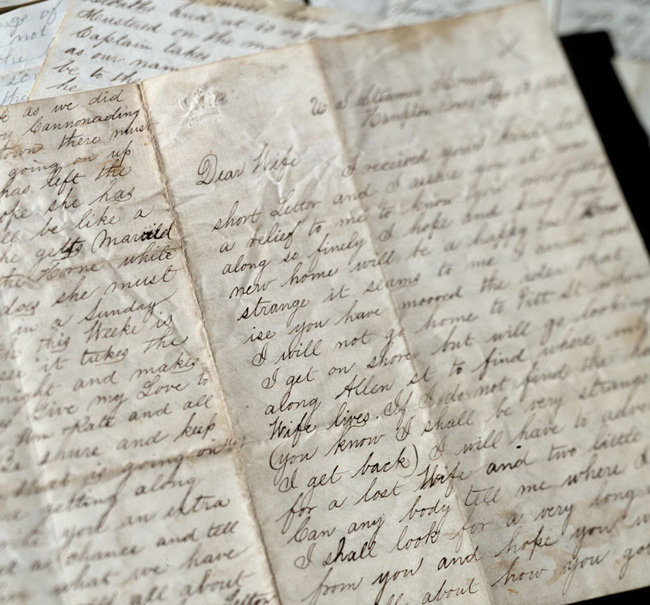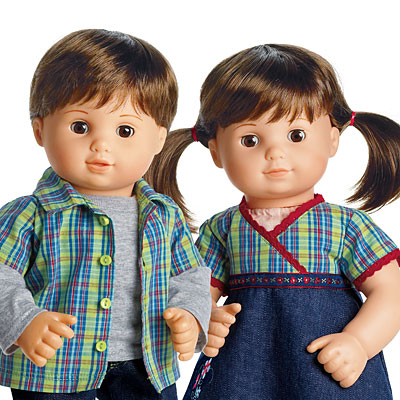This week's assessment comes courtesy of
Vickie. She's writing about Brad*, a 15-year-old boy who is smart, but timid. His father recently died in Afghanistan, leaving his mother a widow and Brad a big brother to his sister still in grade school. He's been bullied for months at school, and the book opens with Brad stabbing the bully, as he feels that taking matters into his own hands would be the manly things to do. However, a teacher steps in to stop him and he reflexively slices her too. Turns out he cut his favorite teacher who has tried to help him the most. Crushed by guilt and fear, Brad runs.
With the bully in critical condition and the police out looking for him, Billy tries to communicate with his teacher through anonymous letters with no return address. The letters are quotes from passages he's read in novels...clues to what he's thinking and how he sees life. The teacher sees these letters as a cry for help and works with the police to try to find him and bring him back home.
Vickie wants to know: What's realistic for Billy's mindset through all this? What will he try to communicate through his letters? What kind of encouragement does he most need? What would convince him to come back? How would the court system deal with him? What options would he have once he turned himself in? If and when she sees him again, what would be the best way for his teacher to react/respond to him?

Brad is a troubled teen, obviously, as the "normal" teenage brain doesn't conclude stabbing someone is the best defense against a bully. I mean, the first thing that came to mind when I read that was Dexter (the serial killer who works for the Miami Police Department as a blood spatter analyst -- love the show!). Dexter's dad prevented him from going after a high school bully with a knife during one of the many flashbacks during the first season.
At the very least, Brad has an
Adjustment Disorder with Disturbance of Conduct. The onset (start) would have been whenever the bully started bullying, because that would be the identified stressor. Brad's response of stabbing the bully is in marked excess to what would be expected of enduring the stressor of being bullied. Conduct Disorder, which is much more serious, can actually be ruled out due to Brad only having 2 of 3 needed criteria. Intermittent Explosive Disorder can also be ruled out, because it seems that this is the first and only time Brad has shown aggression.
If I had Brad in my office, I'd want to question him on his feelings about dad's death. he could be experiencing Bereavement, a clinical condition that can be the focus of treatment. It could be that he is experiencing
"complicated bereavement" in the form of a delayed grief reaction. Since grief affects people in different ways, I'd want to explore if he thought he could be closer to his dad somehow by showing himself to be tougher or acting out of character in a more aggressive, I-can-take-care-of-myself-and-my-mom-and-sister kind of way.
Adolescents are more likely to respond to grief with behaviors rather than emotions, and that might fit Brad's overreaction to the bullying to a "t."
On to the questions. As for Brad's mindset during his time on the run, if he's as smart as you say he is, my guess is that he's worried about the repercussions from stabbing the bully. He'd probably want to stick fairly close just to see if the bully dies in surgery or whatnot. He'd also want to make sure that the teacher's wound is physically taken care of, since she means so much to him. Since I don't know how he's handling his father's death, this may or may not factor in.

What would he communicate through the letters? This stumps me! I have no idea. This would depend on how close he and the teacher were, how much he trusted her not to reveal certain things to the police, whether he had ready access to books to pilfer these quotes from, or if he has certain sections memorized? And why would he communicate this way? It's like a code. (Just asking here, because I love the idea....but you'd need a solid reason. Would the teacher know the code? Like, would she recognize the book he's quoting from and realize that, say, it's location in the library would say something about where Brad is? Theorizing, here. And if that's the case, wouldn't she need to be his librarian or something?) There are just a lot of ways to go here!
As for encouragement, I'd think he'd want to know that no matter what happens to him legally and academically, he'd not be thought of less by this teacher who has been the only one to help him through his struggles. I imagine the guilt is overwhelming that he hurt her and betrayed her by not discussing things about this bully in more depth, as she probably had no idea he was about to go all Dexter on her. He's want to know that she forgave him, and only wants him to be safe...not running.
As to what would convince him to come back...perhaps if he felt he was needed, somehow? To play on the fact that his mother and sister really need him to come home, as they are having a terrible reaction to him being gone so soon after learning about his father's death? That would really lay it on thick in the guilt department, though, and he's already feeling a lot of that. It would depend on how much he felt like his presence at home was some sort of balm to his mother and sister in helping them get through the pain of his father's loss. You'd know if this was a big enough motivator for him to return, not me.
I have no idea how the courts would handle him....you'd have to ask a lawyer like
Cara Putnam or
Rick Aker. I've personally emailed them both various questions and gotten great feedback. I already mentioned above what would happen to him as far as school goes. My dad was an administrator at a high school, and I'm very confident that Brad would get expelled. I can't imagine that he'd only be suspended. My guess is that juvenile hall might come in there somewhere. You'll have ot research this further, as I can't be of much help.
And finally, how could the teacher respond to him if and when she sees him upon his return? She doesn't need to respond to him timidly, as if scared he might break out a knife and slice her again. Any trepidation on her part would set poor Brad back months. Open arms, Vickie. She'd need open arms. I tell this to parents whose children behave in awful ways:
Your children might be disturbed, or might have made a terrible life decision that they will feel repercussions from for the rest of their life, but they are still your children. I guess the same could apply with a teacher/student relationship.
That's all I've got, Vickie. I hope it helps out with your characterization. Thanks for writing in. Any additional questions for this character are welcomed below.
This service is for fictional characters only, so any resemblance to real life examples is entirely coincidental. Any other fictional character assessment questions can be directed to charactertherapist (at) hotmail (dot) com.



































